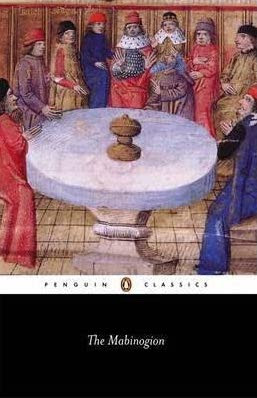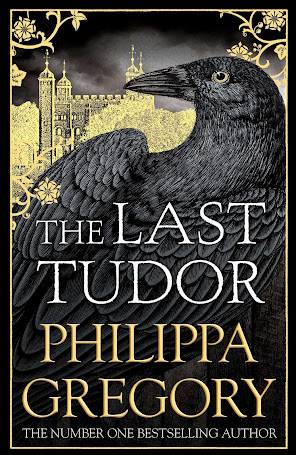The Mabinogion
Review By Tom
Rating: 8/10
The Mabinogion stands alone when it comes to the history of Welsh literature. Whilst sharing many things in common with their cousins across the Irish sea (as established in my previous review for Early Irish Myths & Sagas), this collection of 11 tales in prose form, originally composed in Middle Welsh in the 12th–13th centuries from earlier oral traditions are the closet thing we have to the legends of Wales. As with all ancient tales there is some degree of pseudo-history involved, where some charters are real people, the infamous King Arthur is still one of legend and mystery. Speaking of Arthur, the Mabinogion portrays him as someone completely different to the popular image we have today, which originated predominately from the French legends, that reflect the chivalric culture of the time. There is believed to be four branches of The Mabinogion, and only four survive from a potentially bigger set of stories, they are;
I. Pwyll Pendefig Dyfed (Pwyll, Prince of Dyfed) tells the origins of Pryderi's parents and his birth, loss and recovery.
II. Branwen ferch Llŷr (Branwen, daughter of Llŷr) is predominately more concerned about Branwen's marriage to the King of Ireland. While Pryderi does appear, he doesn't play a major part in the tale.
III. Manawydan fab Llŷr (Manawydan, son of Llŷr) sees Pryderi return home with Manawydan, brother of Branwen, and describes the various misfortunes and misdeeds that follow them there.
IV. Math fab Mathonwy (Math, son of Mathonwy) contains the eponymous Math and Gwydion, who come into conflict with Pryderi.
Working in the same way as the various cycles of Irish literature. With that in mind, it is suggested that the central figure of the branches of the Mabinogion is Pryderi, making him Cú Chulaind's equivalent.
The stories of the Mabinogion appear in either or both of the two surviving medieval Welsh manuscripts we have concerning these tales. Llyfr Gwyn Rhydderch (The White Book of Rhydderch), which was written circa 1350, and the Llyfr Coch Hergest (The Red Book of Hergest), which was written about 1382–1410. Whilst these are the main sources, some texts or fragments of some of the tales have been preserved in earlier 13th century and later manuscripts. Even so, the shared themes and concepts with the Irish legends is tangible, as names for locations, people and board games (The game of Fidchell; Irish - Fidhcheall, Welsh - Gwyddbwyll, when pronounced sound similar). The Mabinogion seems more down to earth than the Early Irish Myths & Sagas, yet it still somewhat suffers from the same laborious list making, parts of stories, mainly in The Dream Of Rhonabwy and How Culhwch Won Olwen. Whilst these are deeply embedded with symbolism, it is lost somewhat on the modern reader, however in the case of How Culhwch Won Olwen, its the tasks Culhwch must complete to win Olwen's hand, similar to the tasks of Hercules.
For the most part, the stories have a wonderful humour, and some very crazy Welsh magic that will make you recoil in disgust. The chivalric nature of Peredur is also worthy of note as he proves himself to Arthur and Gereint is deeply suspicious of Enid. These stories are closely related to the Arthurian Romances written by Chrétien de Troyes. There is also preoccupation with giants, given that many Saxons thought that the structures left by the Romans were built by giants it is interesting how the concept of huge beings has worked its way into these, the early stories from ancient Britain. Alongside this are many mentions of Cornwall, demonstrating the Celtic link that Cornwall has with Wales and Brittany.
Overall, this book has given me a new perception and appreciation for the magic of Wales and Cornwall, these tales resonated with me significantly and their themes of chivalry are very close to my own personal values. As someone who's first contact with medieval stories was King Arthur and his Knights Of The Round Table it felt humbling to connect with his earlier origins. If you want to get an understanding of the early British tales, I can't recommend The Mabinogion enough.



Comments
Post a Comment